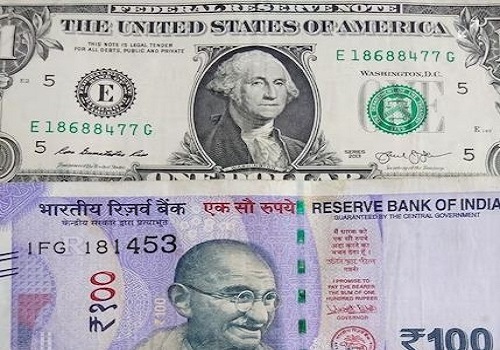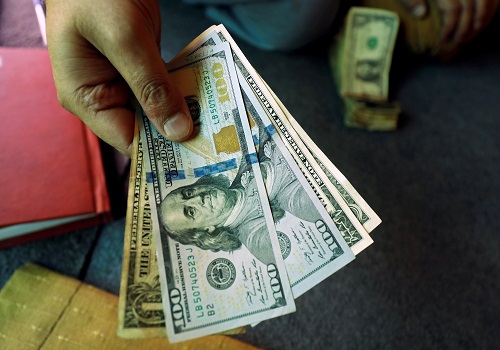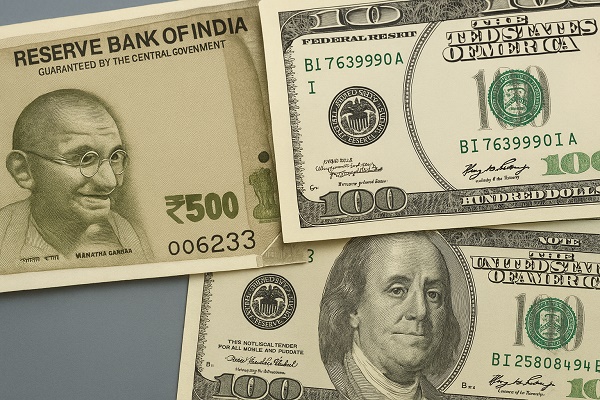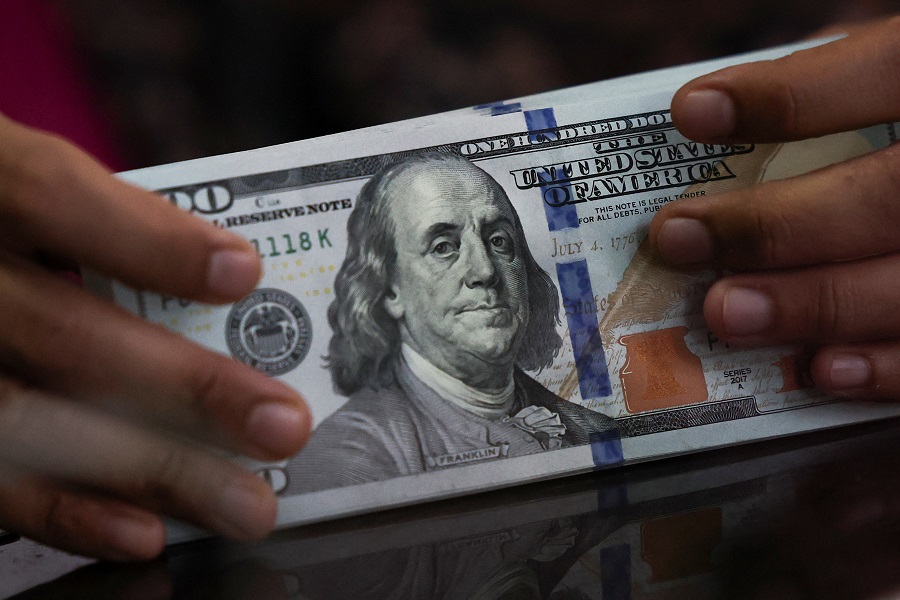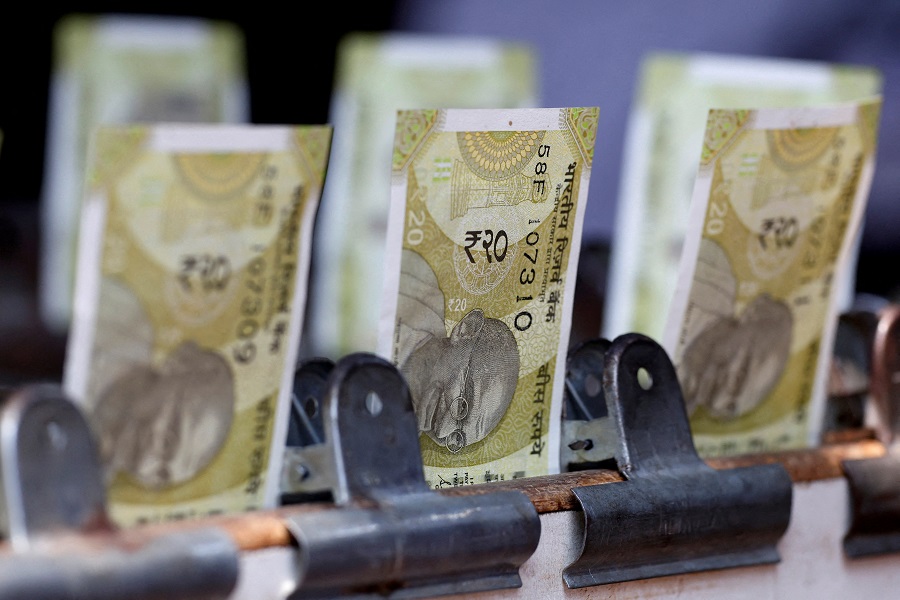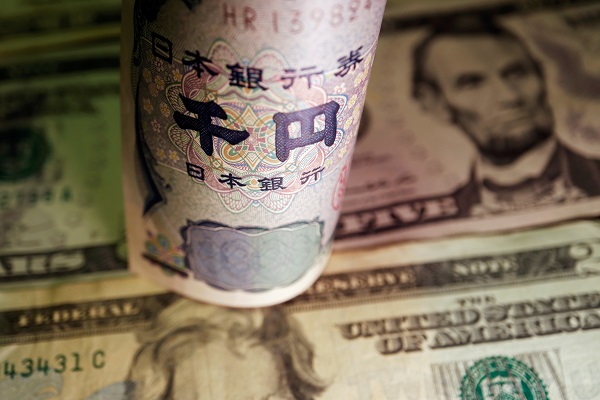Safe-haven yen, Swiss franc soar as US slowdown fears flare

The safe-haven Japanese yen and Swiss franc traded near multi-month highs against the dollar on Friday after an unexpected slump in U.S. manufacturing fuelled fears of a downturn, sending stocks and bond yields tumbling.
Sterling languished at a one-month low after plunging almost 1% overnight as the Bank of England kicked off its interest-rate cutting cycle in a finely balanced decision. The euro also sagged near a one-month trough following dovish comments from the European Central Bank.
The yen traded around 0.2% stronger at 149.085 per dollar, after popping as high as 148.51 overnight for the first time since mid-March. The franc edged to its highest since early February at 0.8726 per dollar.
They were the only two major currencies to outperform the dollar overnight, which itself draws safe-haven flows, paradoxically even when the United States is the cause for concern.
The risk-sensitive Australian dollar declined 0.14% to $0.6493 on Friday, extending the previous session's 0.52% slide.
That's after megacaps led a Wall Street selloff on Thursday that reverberated in Asia, with Japan's Nikkei plunging more than 4% and South Korea's Kospi tumbling 2.5%.
U.S. 10-year Treasury yields plunged as much as 14 basis points to 3.965% overnight, breaching the psychological 4% barrier for the first time in six months.
"There was nowhere to hide overnight as dour economic data fuelled hard landing fears," said Tony Sycamore, a markets analyst at IG.
The U.S. economic outlook faces a crucial test later Friday, with the release of monthly payroll figures, and in the event of a weak result, "worries around a hard landing will intensify, as will calls for a 50-basis-point rate cut in September," Sycamore said.
Following the dour manufacturing numbers, traders now see 27.5% odds that the Federal Reserve will cut interest rates by 50 basis on Sept. 18, up from 12% odds a day earlier, according to the CME Group's FedWatch tool.
Meanwhile, sterling slipped 0.09% to $1.2723, and earlier dipped as low as $1.27215 for the first time since July 3.
BoE Governor Andrew Bailey led a 5-4 decision to reduce rates by a quarter-point to 5%, and said the central bank would move cautiously going forward.
The euro declined 0.07% to $1.07845, after reaching a three-week low of $1.07775 overnight.
ECB policymaker Yannis Stournaras raised the risk of a weak euro zone economy sending inflation below the 2% target in an interview published on Thursday, reaffirming his expectation for two rate cuts this year.

















